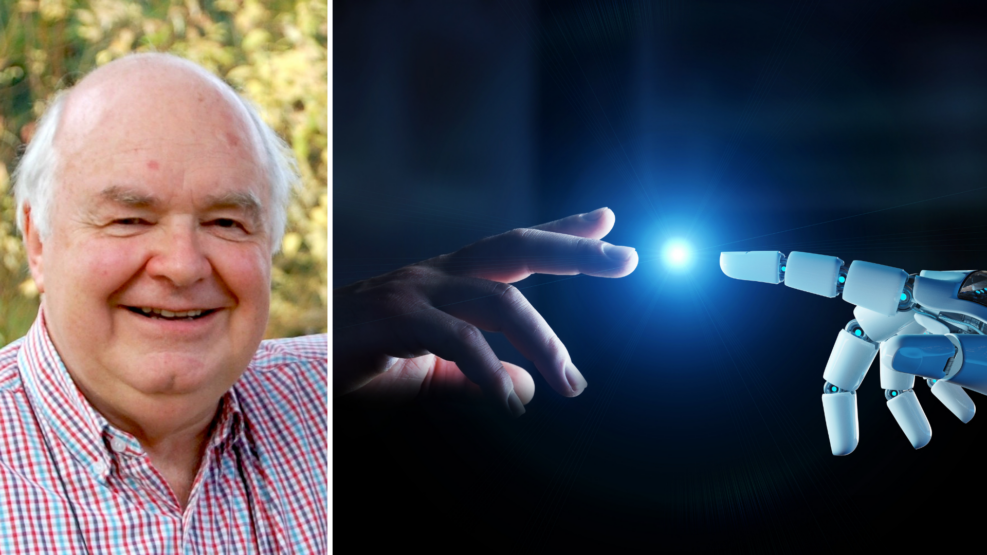
How to Break ChatGPT
It has a difficulty dealing with self-referenceOver the last several months I’ve been playing with ChatGPT, first version 3 and now version 4. It’s impressive and it can answer many questions accurately (though sometimes it just makes stuff up). One problem it has consistently displayed, and which shows that it lacks understanding (that it really is just a big Chinese room in the style of John Searle) is its difficulty dealing with self-reference. Consider the following exchange that I had with it (on 5/8/23): Me: The fifth sentence does not exist. The second sentence has four words. Ignore this sentence. Is this sentence true? This is the fifth sentence. Which of these last five sentences has a truth value and is in fact true? << In Read More ›


















